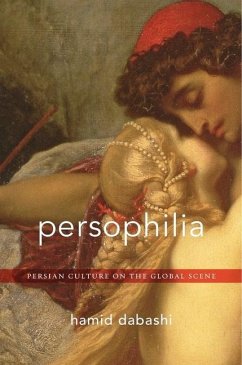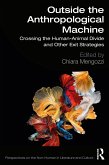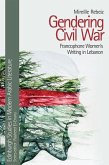"Whence the origin and wherefore the destination of the European and thence global fascination with things Persian? In this book, the author reveals the landscape of a spectacular circulation of ideas between 'East' and 'West' that posits a global scene upon which Persian culture was staged. From the Biblical stories of Esther and Mordechai to Xenophon's Cyropaedia, from Hegel's Philosophy of History to Nietzsche's Thus Spoke Zarathustra, from Mozart's Magic Flute to Handel's Xerxes, from Matthew Arnold's 'Sohrab and Rostam' to Fitzgerald's Rubaiyat of Omar Khayyam, from Montesquieu's Persian Letters and Goethe's West-èOstlicher Diwan to Gauguin and Matisse's fascination with Persian paintings, from the rise of the European Enlightenment and Romanticism to the height of American Transcendentalism, Dabashi maps out a geography of European social, intellectual, and artistic history in which Persia and Persian culture were definitive, and which in turn went back to Iran and its Persianate continental context to cause groundbreaking historical changes. The result is an epistemically provocative reading of world history. The book seeks to alter our conception of the European and therefore global fascination with Persian (and by extension Oriental) culture by locating it on the transnational bourgeois public sphere and thus shows it to be definitive to the social and intellectual movements of the eighteenth and nineteenth centuries--from the Enlightenment and Romanticism to the American and French revolutions.In addition, it explores how Persophilia plays a transformative role in the course of postcolonial nation-states, production of a transnational public sphere, and the formation of the postcolonial subject"--Provided by publisher.








